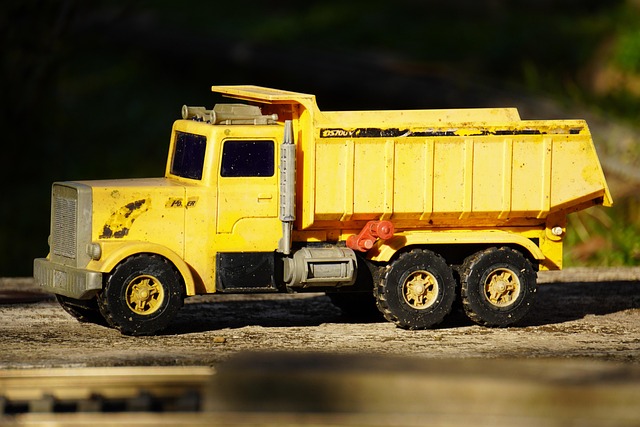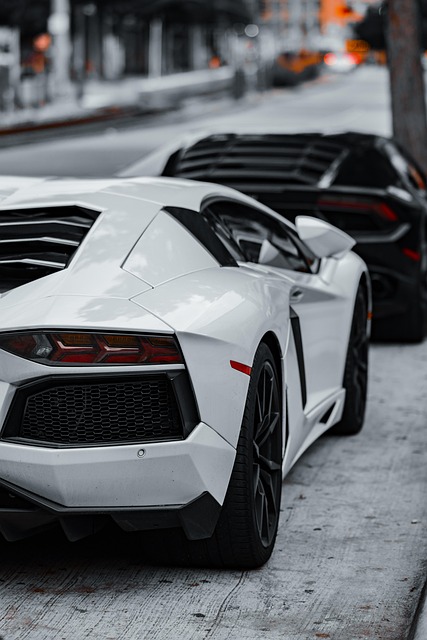Register Car California: Step-by-Step with VIN Verifier
Registering a car in California is a straightforward process, but understanding the requirements is key. This guide will walk you through the steps, ensuring a smooth experience. From gathering essent…….

Registering a car in California is a straightforward process, but understanding the requirements is key. This guide will walk you through the steps, ensuring a smooth experience. From gathering essential documents to completing the application, we’ll cover it all. Specifically, learn how to verify your vehicle’s Identification Number (VIN) using trusted DMV services, both in-person and online. By following these steps, you’ll be on your way to becoming a California car owner in no time.
- Understand California Car Registration Requirements
- Gather Necessary Documents for Car Registration
- Visit Your Local DMV or Use Online Services
- Verify Vehicle Identification Number (VIN)
- Complete and Submit Car Registration Application
Understand California Car Registration Requirements

Before registering your car in California, it’s crucial to understand the state’s specific requirements. The California Department of Motor Vehicles (DMV) mandates several key steps for car registration, including verifying the vehicle’s identification number (VIN). This process ensures that all vehicles on California roads meet safety and environmental standards. One efficient way to complete this step is by utilizing a DMV-approved VIN verifier, which can be done either online or through a mobile vin inspection service.
For out-of-state residents bringing their vehicles to California, additional documentation might be needed, such as proof of liability insurance and emission testing. It’s essential to check the type of registration required based on your vehicle’s age and use. Using a mobile vin verifier can streamline this process by quickly providing important information about your car’s history, including previous owners and any reported accidents or outstanding loans.
Gather Necessary Documents for Car Registration

Before heading to the California Department of Motor Vehicles (DMV) to register your car, ensure you have all the required documents. This process typically involves gathering proof of ownership, which can be in the form of a title or a bill of sale, along with valid identification like a driver’s license or state-issued ID card. It’s also crucial to obtain a Vehicle Identification Number (VIN) verifier from an authorized source. Many services offer convenient mobile VIN verification options, allowing you to complete this step remotely before visiting the DMV.
Additionally, prepare your vehicle’s registration fee payment and any other necessary forms, such as proof of insurance or emissions test results. Having these documents ready ensures a smoother registration process, so consider conducting a thorough vin inspection beforehand to gather all essential information related to your vehicle.
Visit Your Local DMV or Use Online Services

In California, registering your car typically involves visiting your local Department of Motor Vehicles (DMV) office or utilizing their online services. If you prefer a more traditional approach, scheduling an in-person visit at your nearest DMV is the first step. There, you’ll need to present essential documents like proof of ownership and insurance, along with any required fees. The process is designed to verify your vehicle’s details, including its Vehicle Identification Number (VIN), ensuring accuracy on California’s records.
For a more convenient and time-saving option, California’s DMV offers online registration services. This digital approach includes using their VIN verifier tool to input your car’s unique VIN, allowing you to initiate the registration process remotely. The mobile vin verification method streamlines the steps by enabling you to check vehicle history and complete the registration from the comfort of your home or on-the-go, making it a popular alternative for those with busy schedules.
Verify Vehicle Identification Number (VIN)

Before you begin the registration process, it’s crucial to verify your vehicle’s Identification Number (VIN). This unique 17-character code is a vital piece of information that ensures your car’s legitimacy and history are accurately represented. You can easily check the VIN using various methods, including a quick online search or by contacting the DMV for a vin verifier service.
A mobile vin inspection or verification through specialized apps can also be beneficial, as it allows you to confirm crucial details like vehicle make, model, year, and potential recalls in real-time. This step is essential to avoid any future issues and ensure your car’s registration runs smoothly.
Complete and Submit Car Registration Application

To register your car in California, the first step is to complete and submit a Car Registration Application. This form requires detailed information about your vehicle, including its make, model, year, and unique Vehicle Identification Number (VIN). You’ll also need proof of insurance and payment for the registration fee. The California Department of Motor Vehicles (DMV) recommends using their official online platform or a mobile VIN verifier to ensure the accuracy of your VIN before proceeding.
A mobile VIN inspection can simplify this process by allowing you to verify your vehicle’s details remotely. This is particularly useful, as an incorrect VIN may lead to delays or issues with registration. Once your application is ready, submit it through the DMV’s website or a local office. They will process your request and issue a registration certificate for your car.
Registering a car in California is a straightforward process that requires understanding local regulations and gathering essential documents. By following these steps, including verifying the Vehicle Identification Number (VIN) using a trusted DMV VIN verifier, you can ensure a smooth registration experience. Whether you visit your local DMV or utilize online services, completing the application accurately is key to making your vehicle legal on California’s roads.







